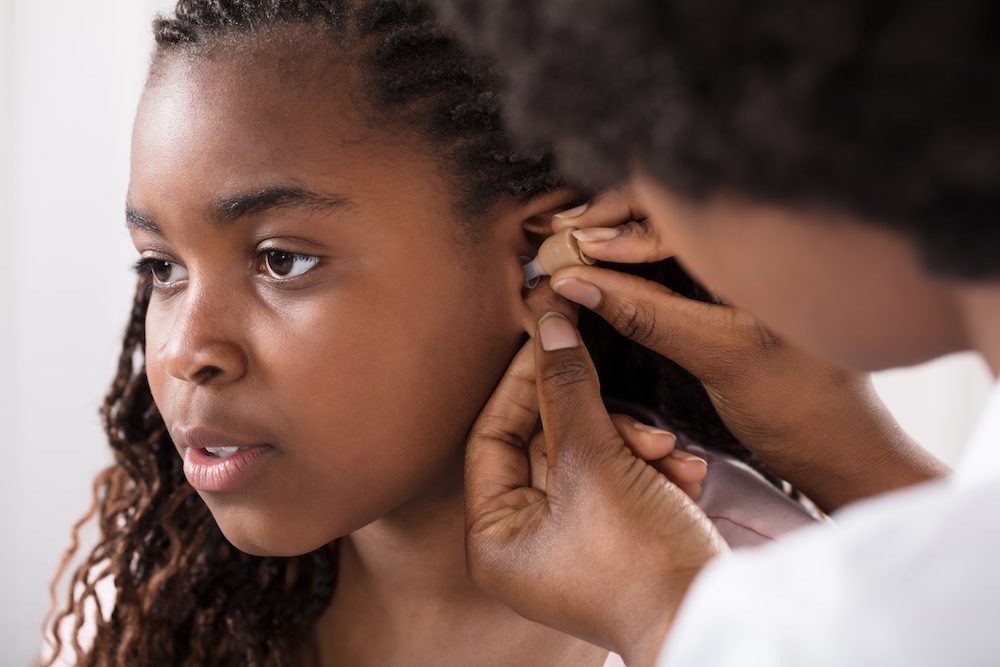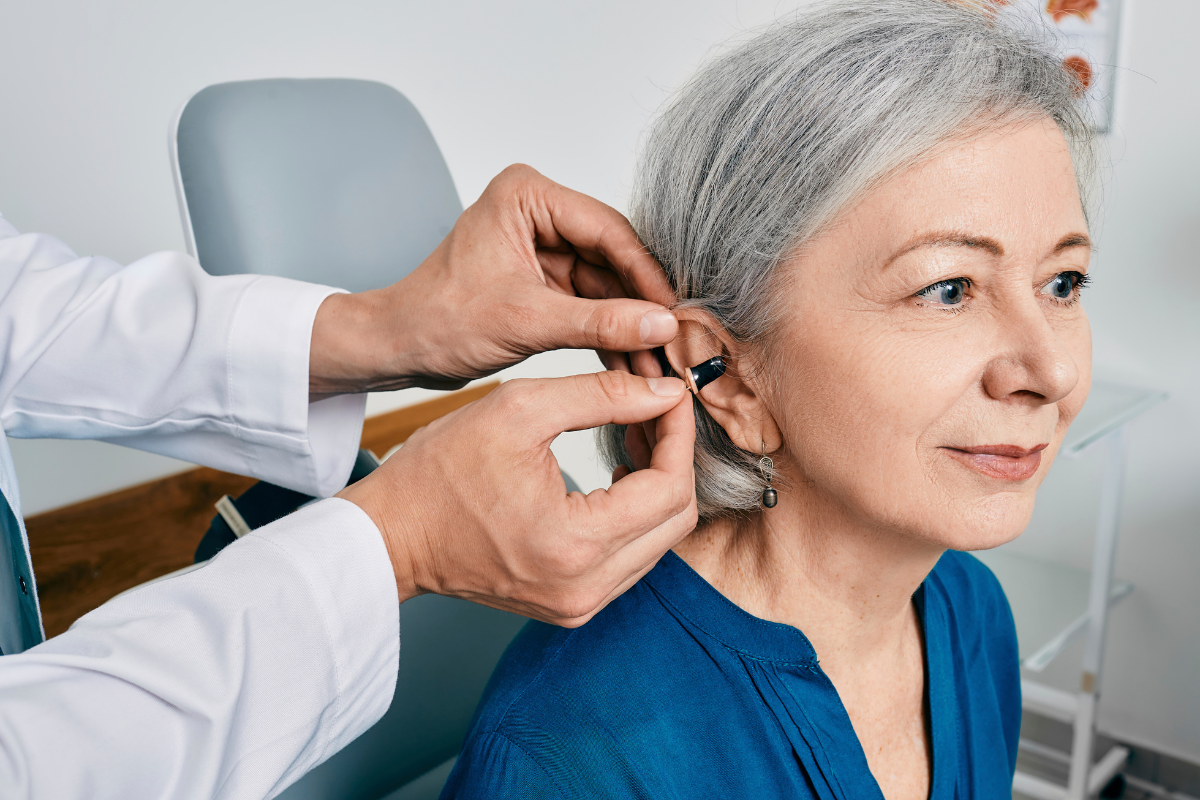The Impact of 3D Printing on Hearing Aid Manufacturing
Technology has changed how we work, communicate and access entertainment
We Moved! Our new address is 12133 W Bell Rd, STE 201.


Technology has changed how we work, communicate and access entertainment

Hearing loss can make it difficult to enjoy conversations, music, and

Remember those old hearing aids that simply made everything louder?